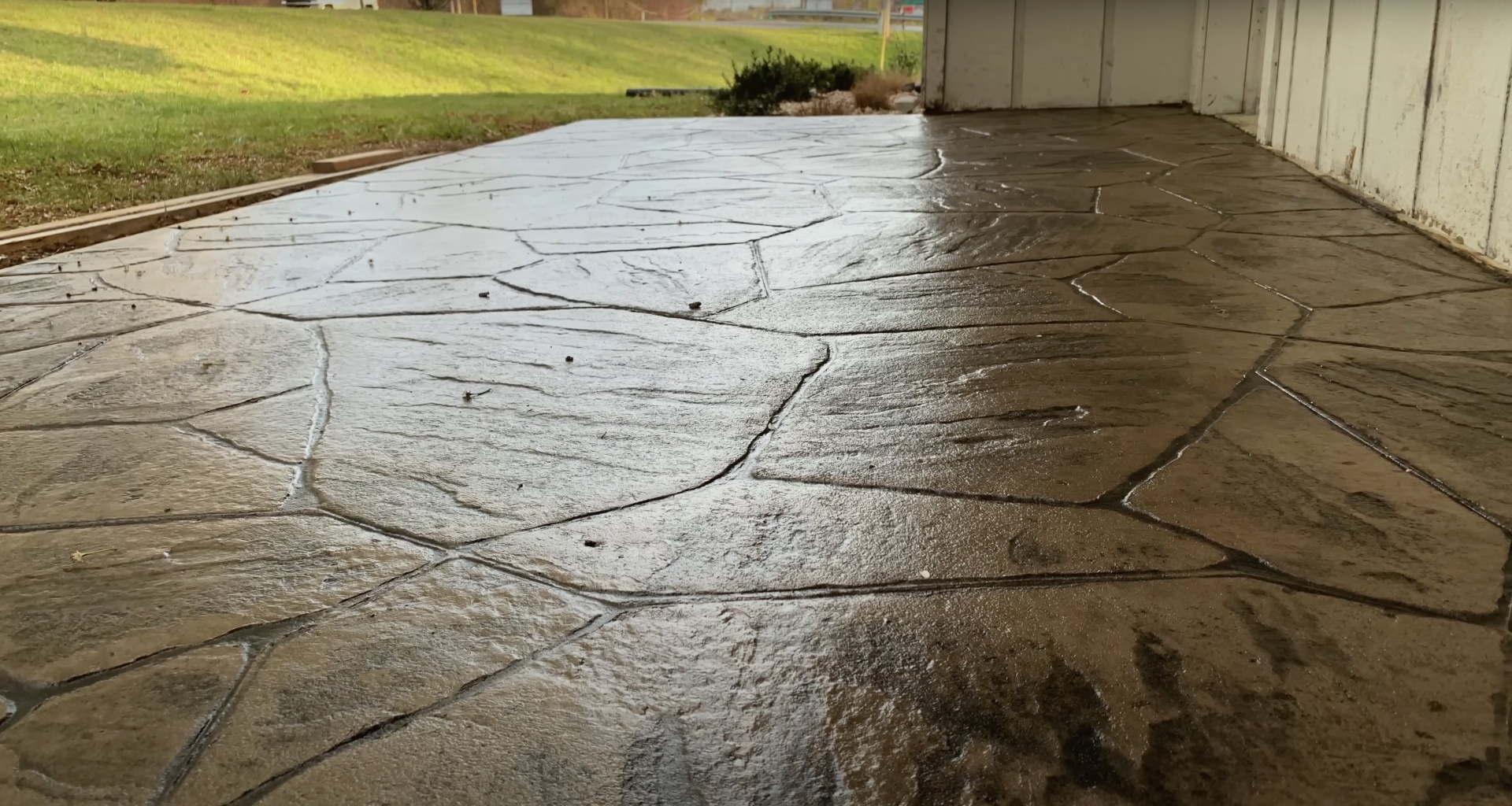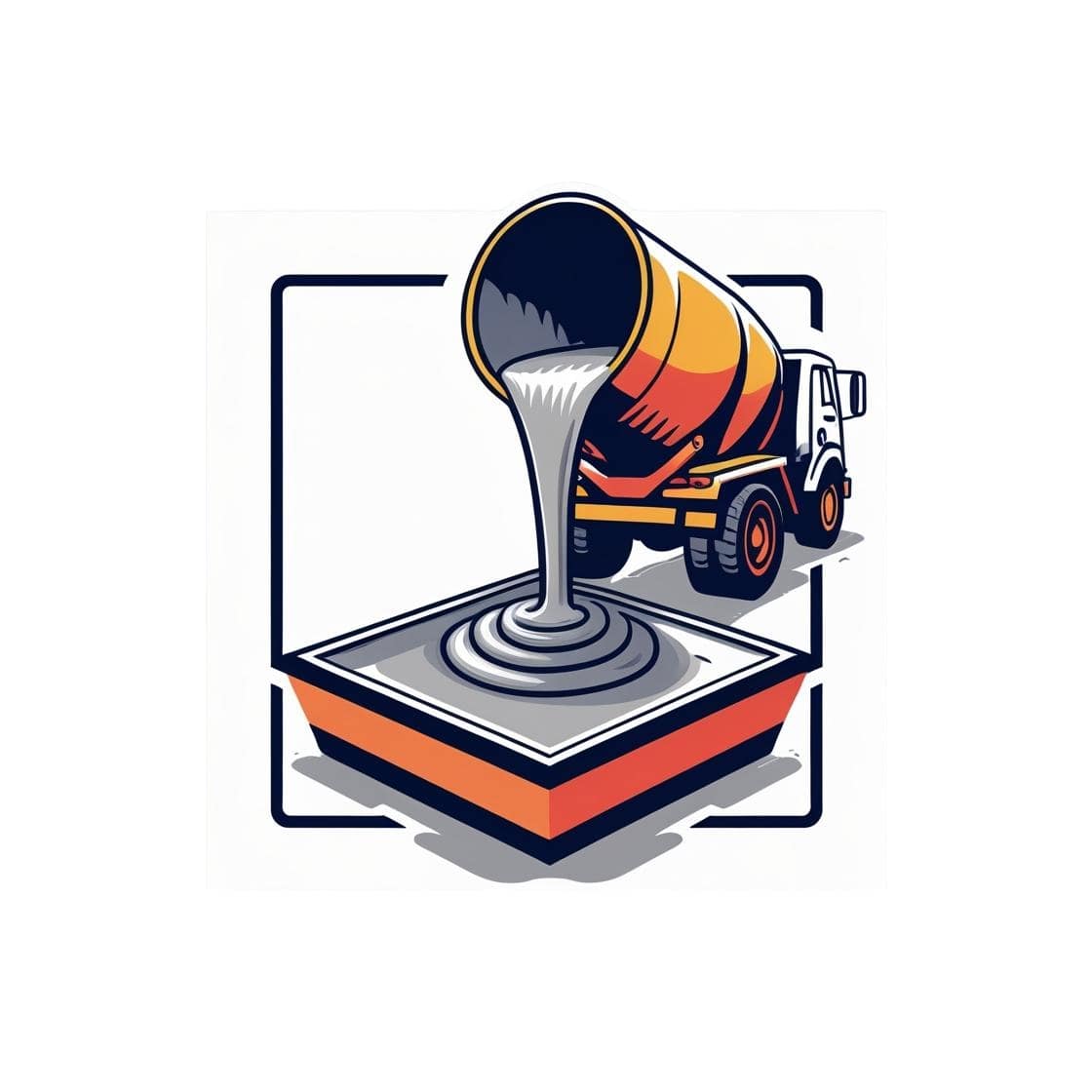When to Replace vs Repair Your Concrete Driveway: A Homeowner's Guide

Standing in your driveway and staring at those cracks? You're not alone. Every homeowner faces this question eventually: should I repair this damage or bite the bullet and replace the whole thing? The answer isn't always obvious, but understanding a few key factors can save you thousands of dollars and years of headaches.
The 50% Rule
Here's what most contractors won't tell you upfront: if more than 50% of your driveway shows significant damage, replacement usually makes more financial sense than repair. Think of it like patching a pair of jeans—one or two patches might extend their life, but if you're patching every other week, it's time for a new pair.
When we evaluate driveways here in Kent, we're looking at the big picture. A few hairline cracks near the edges? That's normal settling and easily fixable. Multiple wide cracks running across the surface, chunks missing, or sections that have sunk several inches? That's your driveway telling you it's reached the end of its serviceable life.
Age Matters More Than You Think
A 10-year-old driveway with minor surface cracks is a great candidate for repair. A 25-year-old driveway with the same cracks? Not so much. Concrete doesn't just crack on the surface—those visible cracks often indicate deeper structural issues you can't see. The base may have shifted, drainage patterns might have changed, or tree roots could be pushing from below.
Most concrete driveways last 25-30 years with proper maintenance. If yours is approaching that age and showing multiple issues, investing in repairs is like putting expensive tires on a car with a failing transmission. You might get another year or two, but you'll soon face the same decision again.
The Real Cost of Patching
Repairs are tempting because they seem cheaper—and sometimes they are. But here's what homeowners often miss: patched concrete almost never matches the original perfectly. Even with expert color matching, you'll likely see the repairs. If you're planning to sell your home within the next few years, those visible patches can hurt your curb appeal and potentially your home's value.
Additionally, repairs don't address underlying problems. If your driveway is cracking because of poor drainage or an inadequate base, fixing the surface won't stop new cracks from forming. We've seen homeowners spend $2,000 on repairs only to need a full replacement two years later—money they could have put toward that replacement from the start.
When Repair Makes Perfect Sense
Don't let me scare you away from repairs entirely. They're absolutely the right choice in many situations. If your driveway is relatively new (under 15 years), has only isolated damage in specific areas, and the rest of the surface is in good condition, repair is your best bet. Small cracks, minor settling, or damage from a specific incident (like a tree falling) can often be fixed effectively and economically.
We also recommend repair when you're planning other major home improvements. If you know you'll be doing extensive landscaping or adding a garage in the next few years, strategic repairs can buy you time until you're ready to tackle everything together.
Getting It Right
Whether you decide to repair or replace, work with professionals who'll give you an honest assessment. Any contractor who pushes replacement for minor issues or suggests repairs for a driveway that's clearly beyond saving isn't looking out for your best interests.
At RegalCrest Kent Concrete, we walk every homeowner through their options, explaining what we're seeing and why we're recommending what we recommend. Sometimes that means talking people out of expensive replacements when repairs will work just fine. Other times it means being upfront that repairs will only be temporary.
Your driveway is one of the most visible parts of your property. Taking time to make the right decision now—whether that's repair or replacement—means you won't have to revisit this question for decades to come.
